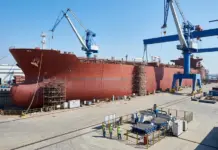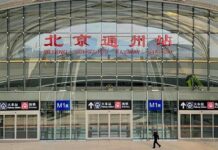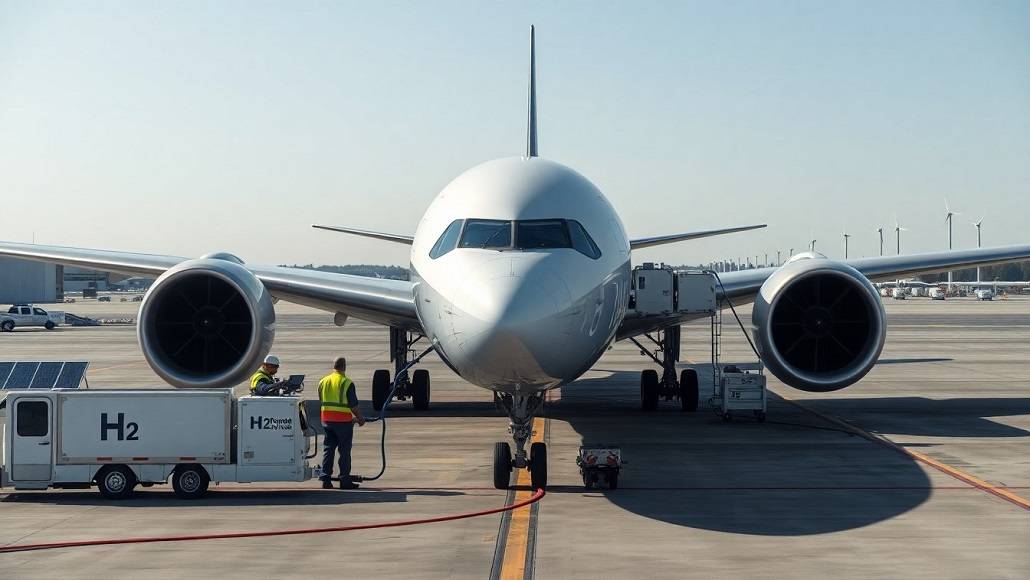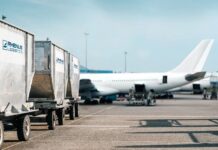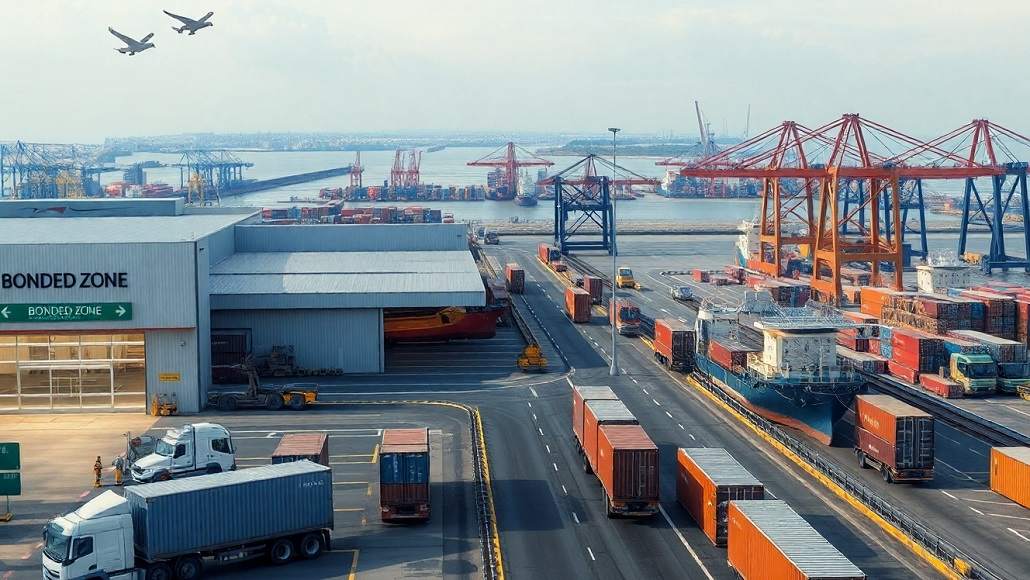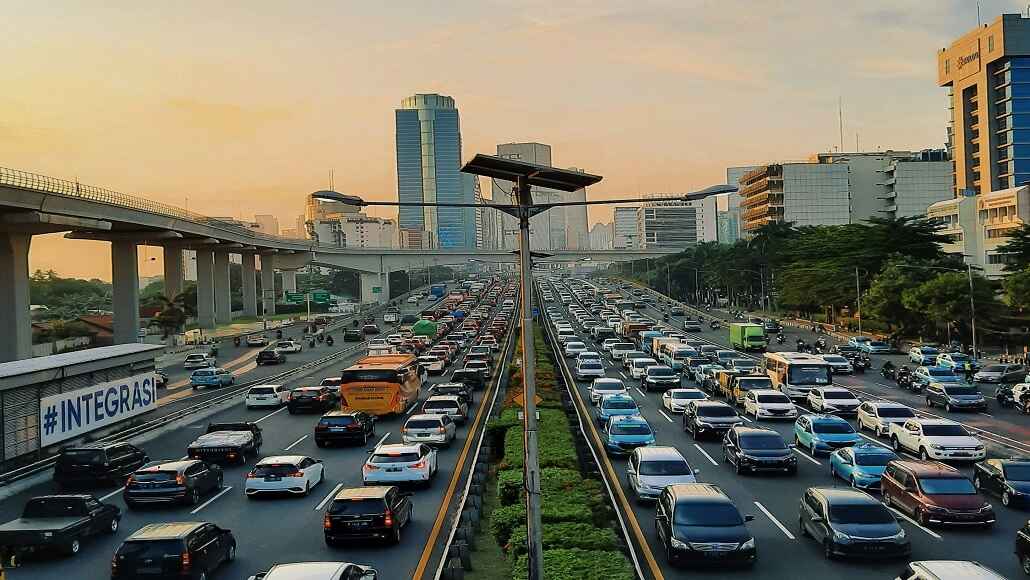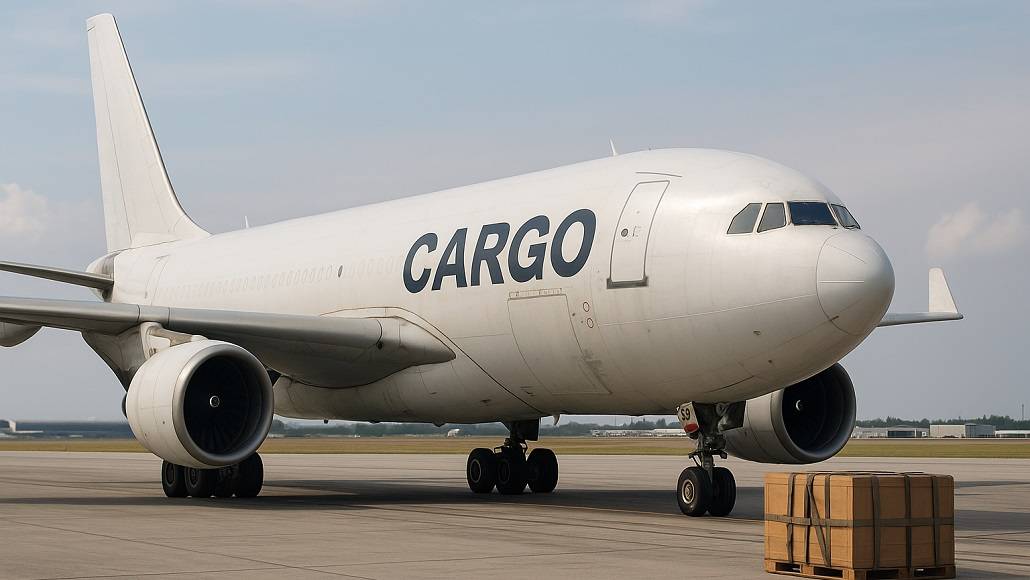As part of its efforts to maximise air cargo operation, Incheon International Airport has introduced a new cargo route to the Americas via Hawaii. This cargo service aims to reduce both transit time and transportation costs for South Korean exporters while raising capacity for shipments bound for the United States.
The Aloha Express, as it is named, is a simplified transshipment route that supports the movement of cargo from Incheon to the continental United States through Honolulu. This move indicates the airport’s overall aim to strengthen air cargo logistics between major North American markets.
The Aloha Express uses Air Premia’s newly launched passenger service between Honolulu and Incheon, which began its operations this July. The carrier ships cargo as belly freight on the flights, from where products are transferred seamlessly to Amazon Air’s U.S. network. Amazon’s logistics network provides shipments with access to more than 45 strategic cargo hubs throughout the country, enabling rapid inland delivery.
The first shipment via this new cargo route left Incheon on July 9.
Increasing demand in the United States for Korean-produced foodstuffs, entertainment, and consumer goods has put added pressure on Korea–U.S. cargo lanes, particularly during peak season. Exporters have found it increasingly difficult to navigate high freight rates and low space availability. Addition of the Aloha Express is designed to ease these restrictions and assist companies involved in B2C e-commerce logistics.
Logistically, this new cargo route has various benefits. Honolulu’s geographical location vis-a-vis Asia reduces the first half of the journey to just eight hours of flying time from Incheon. The Aloha Express can, on its part, reduce both delivery time and total costs by more than 20%, depending on the final destination in the U.S., the airport authority asserts.
The airport expects the project to contribute about 12,000 tonnes of Asia-to-U.S. transshipment cargo volume every year, further cementing Incheon’s position in global freight movement.
“Even as geopolitical risks escalate, we will keep creating new cargo routes and uncovering demand to secure Incheon Airport’s unique competitiveness as a global logistics hub,” said Incheon International Airport Corporation President Lee Hak-jae.







